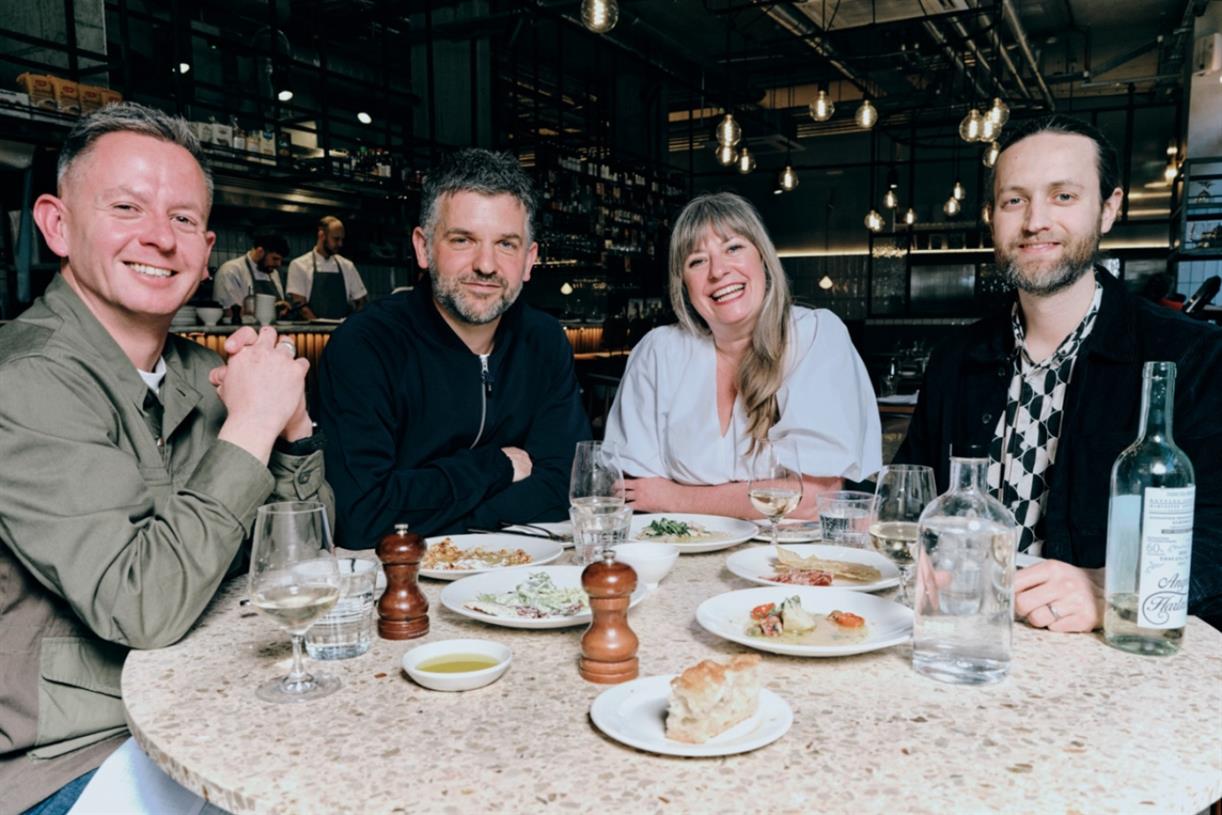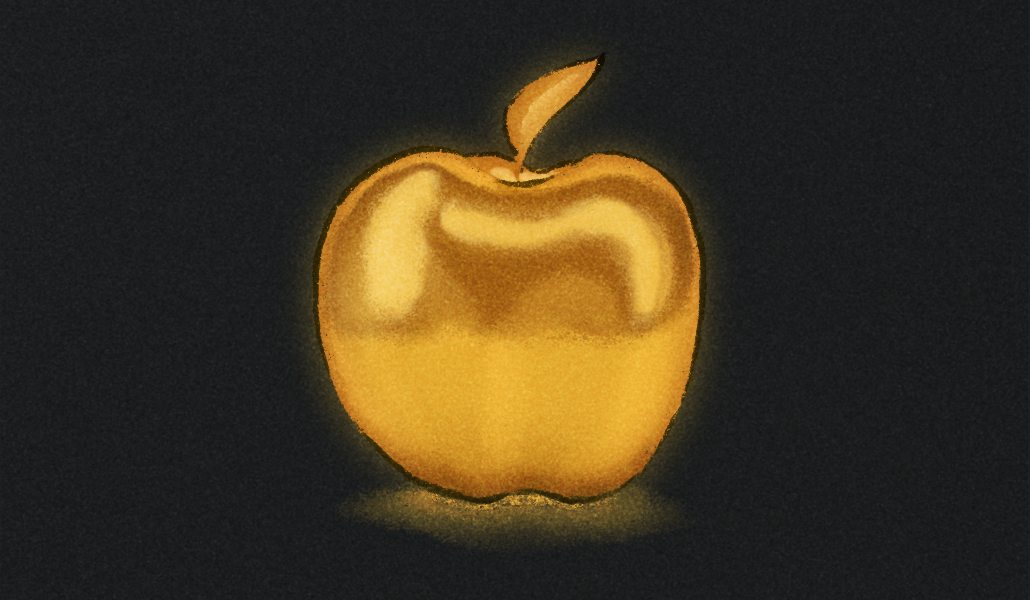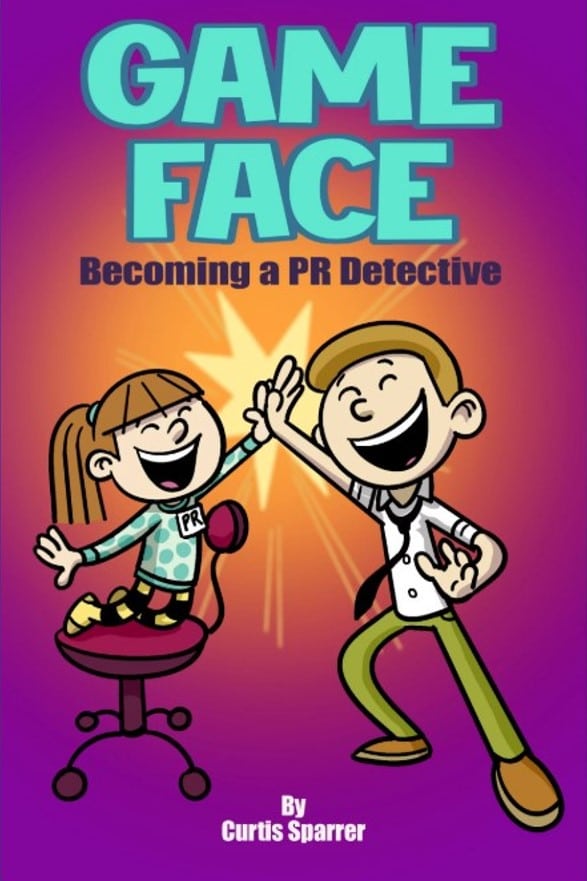FAMOUS LAST WORDS
In the sweet—and sometimes challenging—blur of her first nine months of motherhood, bookworm Cam has found domestic joy with her daughter, Polly, and her husband, Luke, as well as enough downtime to do some pleasure reading, so she’s nervous about returning to her job at a London literary agency. Her first day back certainly doesn’t turn out as she imagines: Unable to find Luke, she drops Polly off at day care and goes to work. When Luke doesn’t answer her texts for hours, she starts to worry. Then, on a television in her office, she sees live footage of an ongoing siege at a nearby warehouse—and realizes her husband seems to have taken three people hostage. Several hours later, despite the intervention of Niall Thompson, a trained police hostage negotiator, two of those three people will be dead, and Luke will be in the wind. Seven years pass, and while both Cam and Niall seem to have moved on in various ways, they’re both tethered to the memories and pain of that June afternoon. Niall’s wife left him that same day, and ever since he’s been troubled with dreams of the gunshots that destroyed not only the lives of the hostages, but also his career. Cam finds joy in Polly’s growth, but she can’t let go of her love for her husband—and her deep-rooted belief that he must still be out there, and may have an explanation for everything. Cam’s fierce love for Luke is admirable, but it also feels somewhat naïve, even as she and Niall begin to uncover discrepancies and coincidences about that day and the weeks leading up to it, many of which seem like quite a narrative stretch. The sweet mundanity of Cam and Luke’s “before” relationship is the true treasure of the book, as is the tension of the early chapters. McAllister asks us to consider whether blind faith in those we love is always justified—and worth the cost.


In the sweet—and sometimes challenging—blur of her first nine months of motherhood, bookworm Cam has found domestic joy with her daughter, Polly, and her husband, Luke, as well as enough downtime to do some pleasure reading, so she’s nervous about returning to her job at a London literary agency. Her first day back certainly doesn’t turn out as she imagines: Unable to find Luke, she drops Polly off at day care and goes to work. When Luke doesn’t answer her texts for hours, she starts to worry. Then, on a television in her office, she sees live footage of an ongoing siege at a nearby warehouse—and realizes her husband seems to have taken three people hostage. Several hours later, despite the intervention of Niall Thompson, a trained police hostage negotiator, two of those three people will be dead, and Luke will be in the wind. Seven years pass, and while both Cam and Niall seem to have moved on in various ways, they’re both tethered to the memories and pain of that June afternoon. Niall’s wife left him that same day, and ever since he’s been troubled with dreams of the gunshots that destroyed not only the lives of the hostages, but also his career. Cam finds joy in Polly’s growth, but she can’t let go of her love for her husband—and her deep-rooted belief that he must still be out there, and may have an explanation for everything. Cam’s fierce love for Luke is admirable, but it also feels somewhat naïve, even as she and Niall begin to uncover discrepancies and coincidences about that day and the weeks leading up to it, many of which seem like quite a narrative stretch. The sweet mundanity of Cam and Luke’s “before” relationship is the true treasure of the book, as is the tension of the early chapters. McAllister asks us to consider whether blind faith in those we love is always justified—and worth the cost.

















































![How Marketers Are Using AI for Writing [Survey]](https://www.growandconvert.com/wp-content/uploads/2025/03/ai-for-writing-1024x682.jpg)






















































































![Meta Outlines Open Source Contributions in 2024 [Infographic]](https://imgproxy.divecdn.com/YOYEhTrhLX1rsEjXqZJNhFf8sC0vMoNHeK_qbzpVVKY/g:ce/rs:fit:770:435/Z3M6Ly9kaXZlc2l0ZS1zdG9yYWdlL2RpdmVpbWFnZS9tZXRhX29wZW5fc291cmNlX2luZm8yLnBuZw==.webp)








